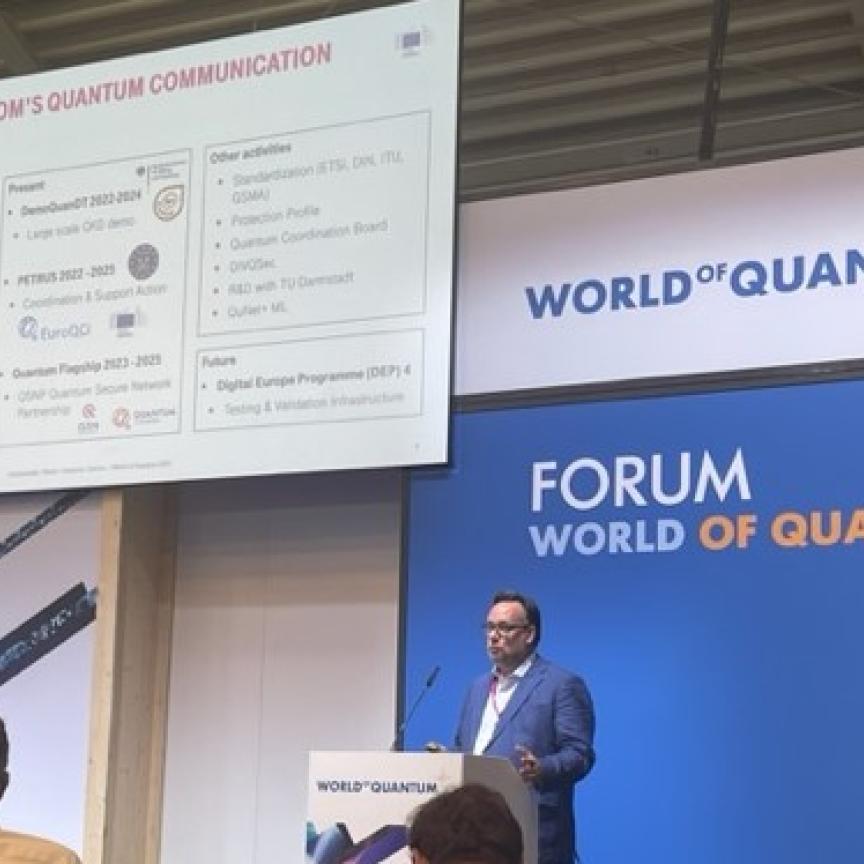The high costs of installing fibre connections are leaving thousands of people without broadband connections, while plans to roll out super-fast broadband in the UK are running two years late.
A damning report by the UK's National Audit Office (NAO) is forecasting that the programme, which is aimed at providing superfast broadband to 90 per cent of premises in every area of the country, will complete the project 22 months later than planned.
Only nine out of 44 local projects are expected to reach their original target of providing 90 per cent superfast coverage by May 2015. The delay is partly because gaining approval for the project under EU State aid rules took six months longer than expected.
The NAO report notes that competition to provide the service has been 'limited'. It explains: 'The design of the competitive framework had the advantages of ensuring affordability and transferring risk but, together with state aid conditions and other commercial factors, led to potential suppliers withdrawing from the bidding process. BT was left as the only active participant in the framework and is likely to win all 44 local projects.'
Amyas Morse, head of the National Audit Office, said: 'The rural broadband project is moving forward late and without the benefit of strong competition to protect public value. For this we will have to rely on the Department’s active use of the controls it has negotiated and strong supervision by Ofcom.'
The lack of competition is being blamed for the problems, amid accusations that BT is selectively installing fibre connections according to how profitable they are – installing its near-ubiquitous green exchange cabinets on streets deemed to be profitable, but leaving other roads, and sometimes entire estates, disconnected and struggling with old copper cables that cannot cope with the demands of the modern internet.
The size of the cabinet, and the number of customers intended to be connected to it, is the main issue. BT's chief executive Ian Livingston said: 'The issue with a small cabinet is the economics of running fibre and electricity to it are very poor.'
Media Partners

